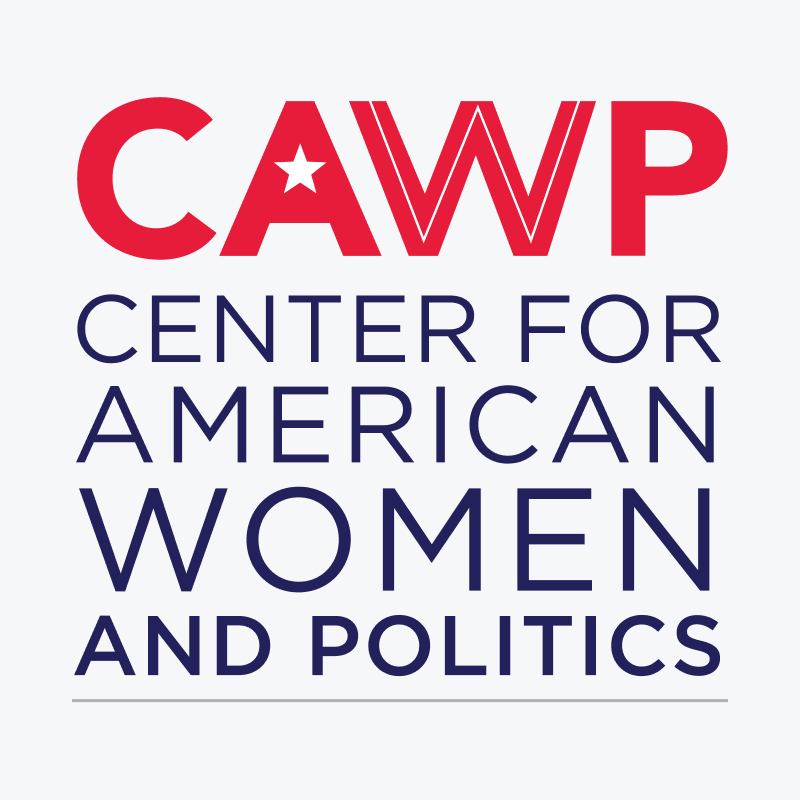Likeability: It’s Different for Women
In April 2015, the Barbara Lee Family Foundation (BLFF) and the Center for American Women and Politics (CAWP) launched Presidential Gender Watch 2016, a project to track, analyze, and illuminate gender dynamics in the 2016 presidential election. With the help of expert scholars and practitioners, Presidential Gender Watch worked for 21 months to further public understanding of how gender influences candidate strategy, voter engagement and expectations, media coverage, and electoral outcomes in campaigns for the nation’s highest executive office. The blog below was written for Presidential Gender Watch 2016, as part of our collective effort to raise questions, suggest answers, and complicate popular discussions about gender’s role in the presidential race.
Brendan Nyhan in New York Times’ the Upshot makes a smart case for why media coverage of Hillary Clinton’s favorability ratings fails to tell the whole story. It’s true that in past presidential elections, early favorability polls have not predicted the winner, especially not 16 months before voters fill out their ballots. There’s a key difference, however, for Hillary Clinton: Her gender.
Likeability is a non-negotiable for women political candidates – a staggering 90 percent of voters claim it is very important to like a woman in order to vote for her. But likeability is not the only factor for women – their qualifications are paramount, too.
And here’s why that matters: Qualification is tied to likeability for women. The traits rise and fall together, according to Barbara Lee Family Foundation research. That’s not the case for men, who can earn voters while being unlikeable, and without that unlikeable factor affecting how voters view his credentials to do the job. Women must demonstrate both traits at once.
While we look to past elections for patterns, let’s remember that we are at an unprecedented moment in presidential history. As we analyze the data this election season, we must keep in mind that we’ve never before had two women vying for their party’s nomination for the top job. And the fact remains: It really is different when women run.






